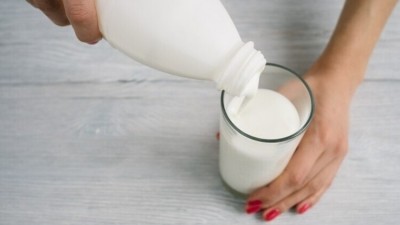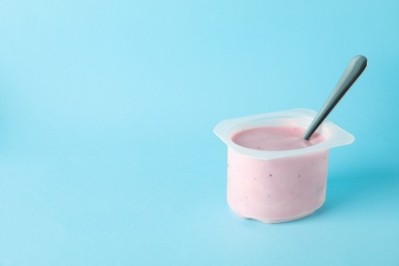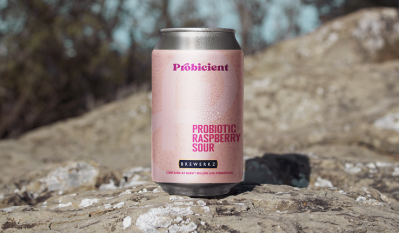Probiotic R&D opportunities: Duolac singles out infant, ageing, oral, liver health potential
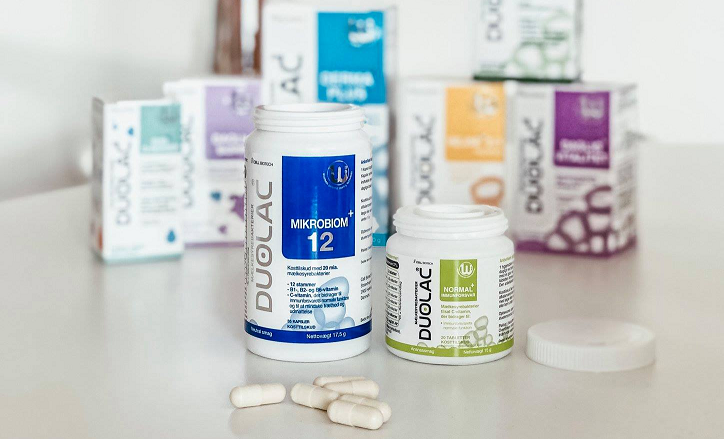
The probiotic brand was first founded in South Korea in 2002 and its products are available in over 40 countries.
While the domestic audience is its largest market, the brand has also made a name for itself in Denmark and Singapore, which it ventured into in 2012 and 2015 respectively. The two countries are now its second and third largest markets.
The KOSDAQ-listed company also operates an OEM/ODM businesses, with clients mainly coming from Korea and further afield in Turkey and Germany.
In recent years, research on probiotics has diversified into areas outside of digestive health, with the gut-brain axis and gut-muscle axis gaining traction.
On top of this, Cell Biotech has also spotted R&D opportunities for areas such as menopause and liver health.
“We want to address general health issues faced by different age groups, instead of focusing on diseases, which are very specific and narrow in scope.
“As of now, Cell Biotech would like to address health issues for infants, women, especially menopausal women over the age of 50.
“We are also interested in mental health, as well as alcohol and liver health issues,” Dr Sanghyun Lim, principal researcher of R&D Center of Cell Biotech told NutraIngredients-Asia.
Probiotics to reduce AST, ALT
In fact, the company has already launched its liver health formulation known as Duolac ProAP4.
The formula contains four probiotic strains, namely Lactobacillus gasseri CBT LGA1, Lactobacillus casei CBT LC5, Bifidobacterium lactis CBT BL3, and Bifidobacterium breve CBT BR3.
A human clinical trial was conducted on the formulation, which found it could downregulate alcohol and acetaldehyde concentrations.
“The liver enzymes AST, ALT, and ALP were significantly lowered in the intervention group as compared to the placebo group,” Dr Taejoong Lim, manager at the R&D Center of Cell Biotech, pointed out.
Following that trial, the company is planning another study to test the formula’s effects on hangover relief, Dr. Sanghyun Lim revealed.
“We are measuring the same parameters as the previous human clinical trial and the effects on a few other biomarkers, but this human clinical trial will have a different study design.”
Probiotics that utilise HMOs
In terms of probiotics for infants, the company is focusing on strains that could utilise human milk oligosaccharides (HMOs), such as fucosyllactose.
“We know that the Bifidobacterium is important for infant health and is a major infant gut bacterium in the first year of life.
“As seen from research, Bifidobacterium can utilise HMOs such as fucosyllactose. In infants who take breastmilk that contains the fucosyllactose-ultilising Bifidobacterium, the Bifidobacterium will be able to degrade the HMOs and secrete acetate, which is an important process to produce a good microbiome in infants.
“However, some mothers contain fucosyllactose-utilising Bifidobacterium in their breastmilk, but some unfortunately do not have it,” Dr. Sanghyun Lim explained.
This is why the company’s product consists of fucosyllactose-utilising Bifidobacterium.
Probiotic that acts on soybean
Soybean with its isoflavone content, is beneficial for women undergoing menopause, but isoflavone will need to be converted into the bioactive form equol for the body to absorb.
This is why the company is developing probiotics from the Lactobacillus genus that could convert isoflavone into equol.
Equol is a metabolite produced in vivo from the soy phytoestrogen daidzein by the action of gut microflora.
“Women in menopause experience changes in their hormone levels and isoflavones have structures similar to the estrogen hormone.
“However, isoflavones cannot bind to the estrogen receptor because it is not in the bioactive form.
“We can change it into a bioactive form through probiotic supplementation, where the enzymes in the probiotics can detach the glucoside structure in the isoflavone so that it becomes equol,” Dr. Sanghyun Lim explained.
The company has conducted in-vitro and in-vivo studies when screening for the relevant probiotic strains.
A 12-week double-blind placebo-controlled human clinical trial is underway.
Involving 140 women, the trial will assess the probiotics’ impact on bone density, blood pressure, and hormonal health amongst other parameters.
Probiotics for over 50s
On the other hand, the company is planning to launch an oral health postbiotic targeted at gum inflammation in South Korea soon.
This is part of the company’s portfolio for consumers 50 years old and above.
“The product works by regulating the harmful bacteria,” said Dr. Sanghyun Lim.
Cognitive health improvement and preventing muscle loss for consumers from this age group are the other areas that the company is working on.
“This is because people are interested in improving their quality of life and living a healthy life, that is why we are working on health issues for people over 50.
“In these cases, we are using postbiotics, such as metabolites, based on gut-brain axis and gut-muscle axis.”
Linked resource
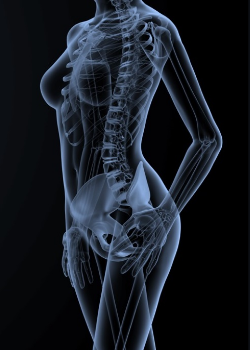
Probiotics for a smooth menopause transition
In this report, Lumina Intelligence reviews the shifting perceptions of menopause, overviews some of the recent science studies and zooms in on the current offering within this niche.

